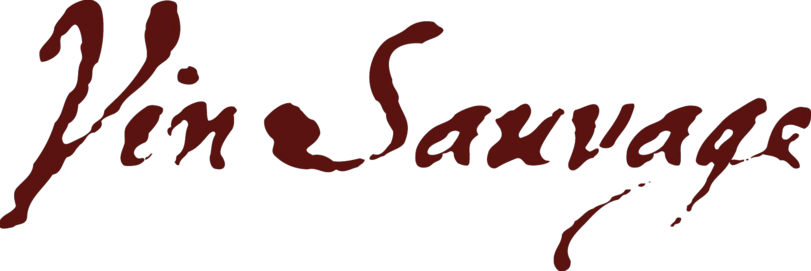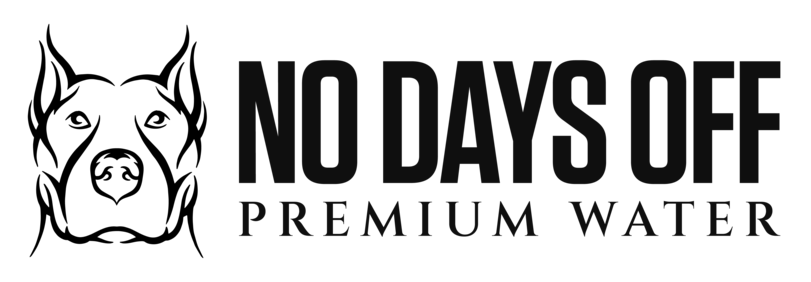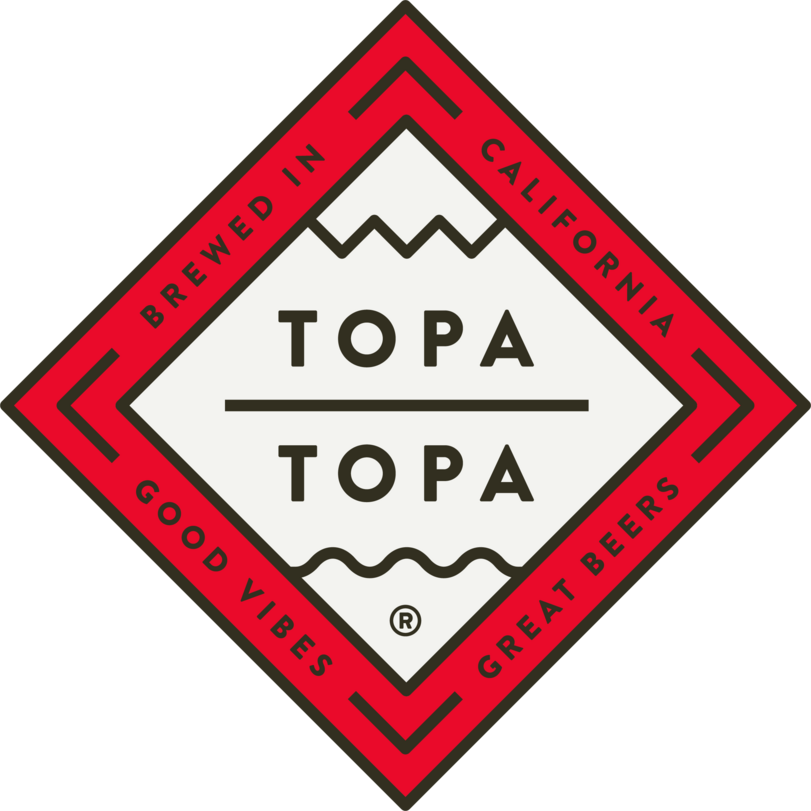Gold Rush Accelerator Seeks to Promote Community, Success for Asian Entrepreneurs

According to a 2018 report by the Harvard Business Review, Asian Americans are the least likely racial group to be promoted to management and C-suite roles. This statistic was the impetus for the 2018 launch of Gold House, a nonprofit collective of Asian and Pacific Islander (API) leaders, a group that encompasses 50 ethnicities, which aims to forge professional and familial bonds among its members and use those relationships to promote economic success, societal representation and unity in the Asian community.
Among Gold House’s many efforts to facilitate API founders’ success and a strong sense of community is Gold Rush, a biannual 12-week accelerator program launched in fall 2019. The program offers 10 to 20 API early-stage entrepreneurs one-on-one mentorship from industry leaders and investors, along with a weekly keynote seminar series led by industry advisors and a complimentary PR and marketing package.
The program culminates in a five-day online sale showcasing the brands to both consumers and investors, which will begin this Black Friday, November 27, for the Fall 2020 cohort. The overall goal of the accelerator, according to Gold Rush co-director Megan Ruan, is to overcome the barriers, namely a lack of access to opportunities, that API-founded companies face.
“There is still significant inequality in terms of investor dollars going to minority founders and women founders,” she said. “And that’s something that Gold Rush has focused a ton of its energy on is just trying to provide that level playing field and make sure that these founders get the same media attention and opportunity to even pitch to an investor audience of a certain caliber.”
The accelerator welcomes brands across a range of industries, including food and beverage, apparel, health and wellness, beauty and technology. To qualify, each company must have at least one principal founder or CEO that is of Asian descent. As part of their applications, companies are asked to share revenue and sales data as well as their company mission and what they believe sets them apart. Food and beverage brands in this round of the program include popped water lily seed maker AshaPops, pancake and waffle mix brand Eggloo, Humphry Slocombe Ice Cream, sauce maker Omsom, keto snack brand Schoolyard Snacks and gut health drink Wildwonder.
Accelerator participants were selected by an external panel of judges including Square CFO Amrita Ahuja, Female Founders Fund partner Anu Duggal, Allure Magazine editor-in-chief Michelle Lee and fashion designer Prabal Gurung. The advisor team includes Health-Ade Kombucha co-founder Vanessa Dew, CircleUp Growth Partners general partner Ben Lee and Tatcha founder Vicky Tsai, who also all currently serve as mentors for the brands. Matched with companies based on industries and growth stage, the advisors also host educational seminars focusing on topics such as branding, accelerating growth and fundraising.
The Gold Rush five-day sale, which takes place on week 10 of the program, provides an opportunity for brands to gain the attention of consumers as well as investors and retail buyers, Ruan said. During the sale, companies offer discounts ranging from 10% to 40% off products sold via the accelerator’s website and, according to Ruan, brands have seen sales lift as much as 30% during previous sales. Prior to the launch of each sale, Gold Rush also holds a showcase attended by Gold House’s founding members as well as industry leaders and investors across technology and consumer-focused products, to meet with the entrepreneurs. For its Fall 2020 cohort, Gold Rush also held a pitch competition, which sparked additional inbound interest from investors, Ruan said.

While Ruan said there’s been consistent demand in technology investment, early-stage CPG and particularly food and beverage companies have faced a tougher time raising funds as their business models are often not suitable for traditional VC investors. Recognizing this challenge Gold Rush works to connect its CPG entrepreneurs to its network of angel investors and family offices.
Still, after several cohorts, Ruan said she’s seen a progression in how API-founded brands are perceived as well as how they market to consumers. Many have been able to “break down” the idea that Asian-inspired flavors should be relegated to the ethnic food aisle, she added, calling out Omsom and sparkling water brand Sanzo as two brands that have been successful in that endeavor.
“I think they have done a really great job of kind of playing off of Easternizing taste across the U.S., but also being very authentic in the way that they celebrate those flavors,” she said. “And so their customers end up seeing a story told when they consume the product. It’s no longer this sort of marketing gimmick, and more of an entire new product category on its own.”
Once founders “graduate” from the program, they join Gold House’s founder network to encourage continued community building. The network, which also includes founders who have not taken part in the program, allows Gold House to engage entrepreneurs after the accelerator, and includes speaker events, networking sessions and an active community on Slack. A significant Gold Rush tradition for its events is “giving and getting,” Ruan said, which means anyone who attends an event must both offer something to the community and also ask for something, ranging from an introduction to industry advisors or investors to a recommendation for childcare, which helps foster the community aspect of Gold House.
“One of the biggest running themes that we hear from our founders, especially from our early cohorts is just that prior to Gold Rush, they never had a community of Asian founders before, they’d never met this many of their peers, never even knew they existed,” Ruan said. “And so to them, that is actually one of the biggest value adds is just meeting other like-minded founders who share their experience, who are also minority entrepreneurs trying to make it in arguably the toughest industry there is, which is creating companies.”
















